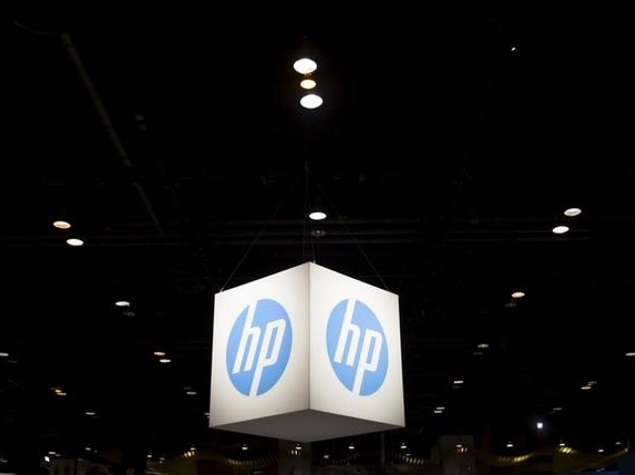HP Pays $100 Million to Settle Shareholder Lawsuit Over Autonomy Acquisition

Dutch pension fund PGGM was the lead plaintiff in the suit, which has been running since 2012. The cash payment will be paid into a settlement fund to compensate affected shareholders.
HP acquired Autonomy for $11 billion but was forced to write down its value by $8.8 billion only a year later. First Autonomy's revenues declined and then in November 2012 HP said it had uncovered accounting irregularities at the firm. Autonomy's managers denied that, but HP's stock plunged to 10-year lows.
PGGM lawyer Femke Hendriks said that HP's management had harmed investors by unduly playing up prospects for the acquisition.
The pension fund decided to pursue the suit against the U.S. tech company because it wanted to send a signal to companies that they cannot mislead investors with impunity, Hendriks said.
"Sooner or later you'll face the bill," she said.
HP did not admit any wrongdoing.
"While HP believes the action has no merit, it is desirable and beneficial to HP and its shareholders to resolve ... the case, as further litigation would be burdensome and protracted," the company said in a statement.
Asked why she thought HP's then-management would have had any interest in misleading shareholders, Hendriks said that "remains a difficult question to answer."
She said PGGM believes management had been so determined to get into a growing software business quickly that it failed to ensure auditors vetted the company's books properly before striking a deal.
© Thomson Reuters 2015
Catch the latest from the Consumer Electronics Show on Gadgets 360, at our CES 2026 hub.
Related Stories
- Samsung Galaxy Unpacked 2025
- ChatGPT
- Redmi Note 14 Pro+
- iPhone 16
- Apple Vision Pro
- Oneplus 12
- OnePlus Nord CE 3 Lite 5G
- iPhone 13
- Xiaomi 14 Pro
- Oppo Find N3
- Tecno Spark Go (2023)
- Realme V30
- Best Phones Under 25000
- Samsung Galaxy S24 Series
- Cryptocurrency
- iQoo 12
- Samsung Galaxy S24 Ultra
- Giottus
- Samsung Galaxy Z Flip 5
- Apple 'Scary Fast'
- Housefull 5
- GoPro Hero 12 Black Review
- Invincible Season 2
- JioGlass
- HD Ready TV
- Laptop Under 50000
- Smartwatch Under 10000
- Latest Mobile Phones
- Compare Phones
- OPPO Reno 15 FS
- Red Magic 11 Air
- Honor Magic 8 RSR Porsche Design
- Honor Magic 8 Pro Air
- Infinix Note Edge
- Lava Blaze Duo 3
- Tecno Spark Go 3
- iQOO Z11 Turbo
- Lenovo Yoga Slim 7x (2025)
- Lenovo Yoga Slim 7a
- Lenovo Idea Tab Plus
- Realme Pad 3
- Moto Watch
- Garmin Quatix 8 Pro
- Haier H5E Series
- Acerpure Nitro Z Series 100-inch QLED TV
- Asus ROG Ally
- Nintendo Switch Lite
- Haier 1.6 Ton 5 Star Inverter Split AC (HSU19G-MZAID5BN-INV)
- Haier 1.6 Ton 5 Star Inverter Split AC (HSU19G-MZAIM5BN-INV)







![[Sponsored] Haier C90 OLED TV | Dolby Vision IQ, 144Hz OLED and Google TV in Action](https://www.gadgets360.com/static/mobile/images/spacer.png)









